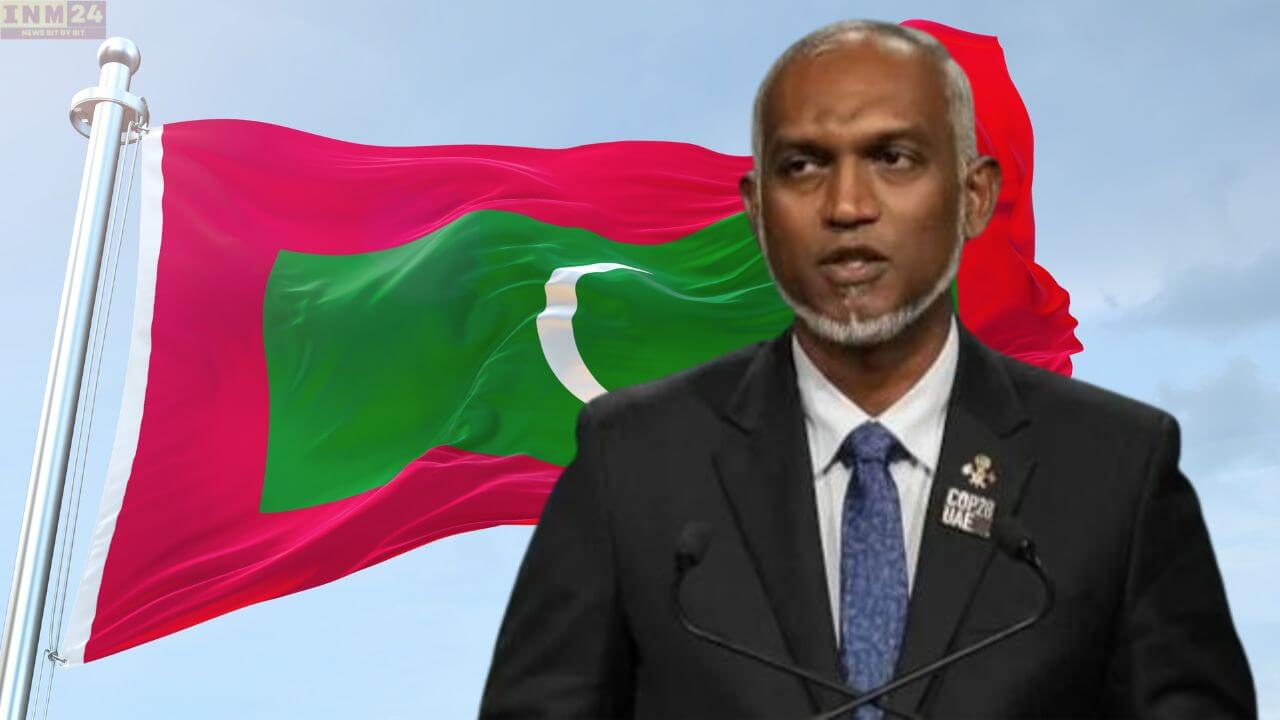The tension between India and the Maldives continues to escalate, with President Mohammed Muizzu making bold claims over Indian helicopters and their crews to appease China.
Muizzu’s Assertive Stance
Since assuming power, tensions have been simmering between India and the Maldives. Following the controversial decision to send back Indian soldiers, President Muizzu has now made claims regarding the control of operations over the crews and technical experts associated with Indian helicopters. The Maldives, under the pro-China president, has announced its authority over the operation of Indian helicopters and their crews.
It is noteworthy that President Muizzu visited China soon after assuming office, and since then, Beijing has been heavily investing in the Maldives. Furthermore, China seems to be ensnaring this island nation in a web of debt.
MNDF Statement
Colonel Ahmed Mujuthaba Mohammed, Chief of Defence Forces for the Maldives National Defence Force (MNDF), stated that discussions are underway regarding the complete withdrawal of Indian soldiers. The process is ongoing, and negotiations cover various aspects. Colonel Mohammed also mentioned that maintenance work on Indian helicopters stationed in the Addu City is in progress. Technical lead experts and civilians, totaling 26 individuals, will replace the military personnel.
India-Maldives Tensions
The historically friendly relationship between India and the Maldives seems to be facing challenges. Despite India’s longstanding support during challenging times, recent statements from President Muizzu have taken an adversarial tone, particularly during his election campaign. Post his election as president, Muizzu’s visit to China marked a shift in the diplomatic landscape, with significant Chinese investments pouring into the Maldives.
It’s essential to monitor the unfolding situation, especially with President Muizzu’s recent claims regarding the control of Indian helicopters and their crews. The strained relations between the two nations may have broader implications in the geopolitical context.
